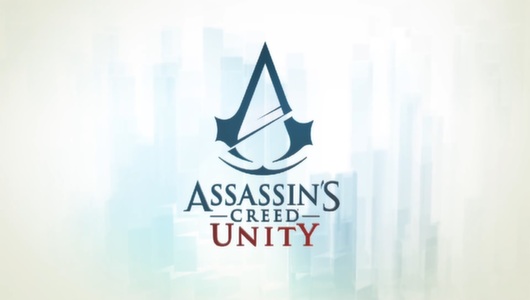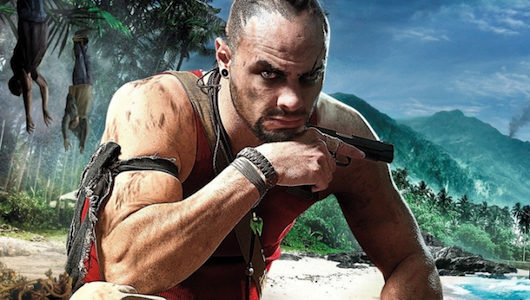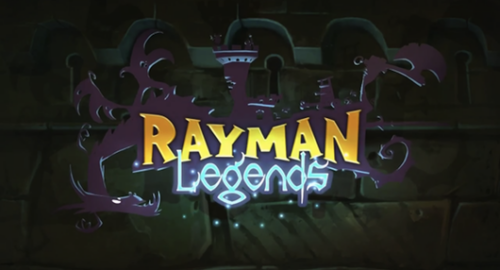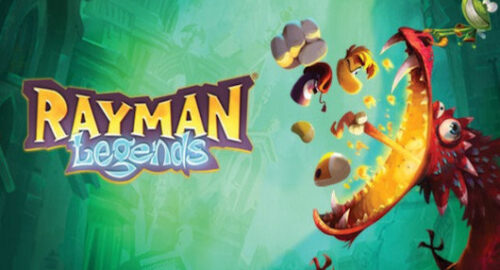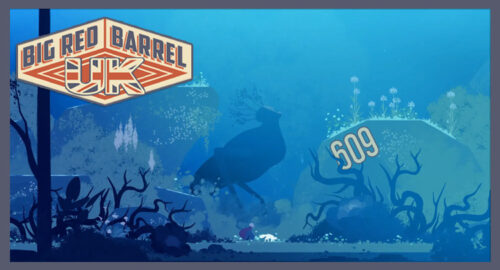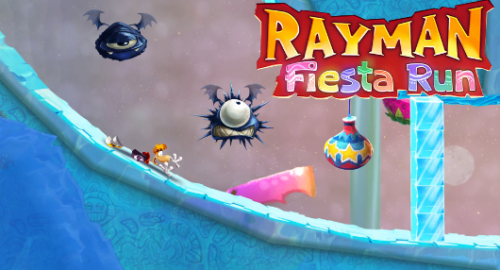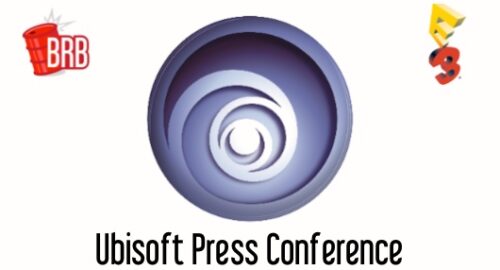Within the realm of big budget videogame publishing, few companies are as widely disliked as Electronic Arts. EA has earned itself a solid reputation for callous, unthinking greed and total disregard for the millions of consumers who buy their games. This attitude is not without merit, given all the micro-transactions shoehorned into every game from Plants Vs Zombies to Dead Space 3. And the fact that it is constantly acting as publisher, jury and executioner for the many developers under its control. But there are plenty of other companies with bad attitudes who insist on driving their prize franchises into the ground. For example, Ubisoft.
The release of Assassin’s Creed unity last year was something of a disaster, with the game broken across pretty much every platform and especially on PC. And even aside from the fact that it did not work, the game itself is yet iteration of the now well documented ‘Ubisoft open world game’ genre. It was bloated, stolid, repetitive entry into a series that should probably have ended years ago. But right now I don’t want to talk about how Assassin’s Creed is a clumsy juggernaut of a franchise, where the few shreds of originality in each game are overshadowed by the series compulsion to adhere to the stolid, bland connective gameplay and nonsensical story. I want to talk about Rayman.
More specifically the two most recent games Rayman Origins and Rayman Legends. Both were created by Ubisoft, and both are absolutely delightful. Beautiful, low budget and with a difficulty curve that goes from playful to punishing at just the right pace. Charming is used a lot to describe videogames of a certain type, but the Rayman titles have a cartoony, mischievous sense of fun that fully justifies the term. The fact that it was published by the same company that gave us some of the most generic white protagonists in recent memory (I’m looking at you guy from The Crew) is something I find rather hard to reconcile. And it’s not just Rayman. There’s Child of Light, Valiant Hearts, Grow Home and plenty more besides. Games that all cost a fraction of AC: Unity and Watchdogs, and for the most part, actually work properly.
The general point I’m driving towards is that Ubisoft seems to turn out better games the less money they spend on producing the games in question. For all the millions they pour into recreating a photorealistic version of Paris they also inevitably end up turning the game into a collection of glitches held together by some slightly grainy textures and mildly broken AI. But spend just a little less and they can crank out something that can tug at the heartstrings of even the most jaded cynic. Now it’s not to say that this is entirely Ubisoft’s fault. Videogames are a billion pound industry and the titles that make the most amount of money are the big budget photorealistic games which feature boring white dudes. But it’s also mostly that way because that’s what companies like Ubisoft make it. Sure, Child of Light was never going to make the same amount of money as Assassin’s Creed. But it made enough to be worth the cost of development. Sure Rayman Origins isn’t going to break profit records, but have you noticed how it also didn’t make you look like you got incompetent monkeys to code it?
It’s been said on multiple occasions that large publishers would rather make all of the money than just some of the money. But when their attempts to do that end up creating lazy cynical products designed to appeal to the mass market specifically because that is what their carefully selected focus groups tell them that they want, then eventually the negative feedback loop is going to bring the whole thing down around their heads. Companies like Devolver Digital have made a point of putting out smaller games for a relatively niche audience and as a result it’s paid out like gangbusters.
The indie scene is exploding on a scale not seen since, well, ever. All across the internet, from Steam to GoG and even all over the console market, games which place the creative aspirations of the creators and the enjoyment of the audience over pleasing largely apathetic shareholders are finding themselves with more good publicity and positive reviews than all of the money in Warner Bros back pocket could buy them. Would Hotline Miami have existed if it was dependent on the thumbs up from a focus group? Would Five Nights At Freddies? Would Minecraft? Probably not. And more to the point, even if some lunatic executive had greenlit them, they would have been hyped into ridiculousness, overexposed and on top of all that, probably not worked anyway.
The point being, Ubisoft, please just spend a little less money and a little more time on your games. It might sound counterproductive, but when you then do not have to worry about a legion of gamers wanting to burn down your offices because Assassin’s Creed Syndicate is incompatible with every gaming system known to man, you will thank me. And before anyone in AAA publishing gets complacent, Ubisoft are not the only ones with this attitude. See also, EA, Warner Bros, Activision, and pretty much anything on the shelves of your local game shop. Apart from…actually no, nevermind.
